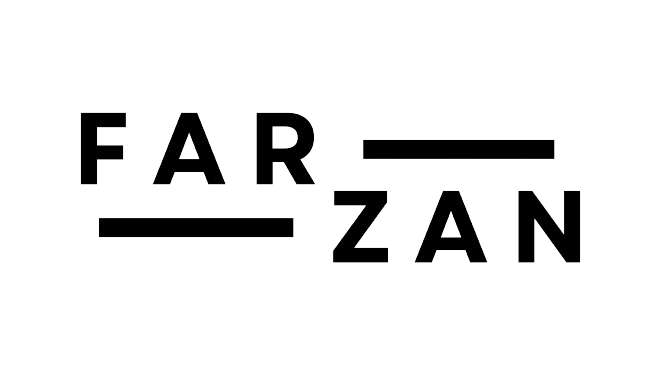Having a well-stocked first aid kit at home is a must. It's also a good idea to carry a second "mini" kit in your car or your baby's diaper bag. Prepacked first aid kits, filled with just about everything you might need, are available at your local pharmacy. You can also assemble your own. Here's what you will find handy:[1]
* bandage supplies, including a roll of 3 inch wide gauze, individually packaged 4 inch sterile gauze pads, a roll of 1 inch bandage tape, butterfly bandage tape, and scissors.
* elastic bandages
* cotton swabs
* sterile dressings or towels
* pain reliever (acetaminophen or ibuprofen)
* anti-inflammatory medicine (ibuprofen)
* ipecac syrup (for use on advice of medical professional to induce vomiting)
* tweezers
* hydrogen peroxide
* skin creams, including hydrocortisone cream, calamine lotion and antibiotic creams
* an antihistamine (diphenhydramine for allergic reactions)
* flashlight
* eyepatch
* arm sling
* tongue depressors (to be used as a finger splint)
* ice pack
* rehydration fluids (such as Pedialyte or Infalyte)[2]
Should I buy a prepackaged first-aid kit?
The prepackaged first-aid kits currently available are economical and contain many of the essential items. No single commercial product, however, will contain everything you need in your personalized family kit. So you can start with the prepackaged kit and add the extra items you require, or build your own from scratch. You'll also need to keep many of the same items in your medicine chest to treat your baby's everyday ups and downs.[3]
Emergency names and numbers
The most important items in your family's first-aid kit may actually be names and numbers. Securely tape, glue, or sew the following contact information inside your kit:
• Your family doctor or pediatrician.
• Your local children's hospital.
• Your local police, fire, and rescue squad.
• Your two closest neighbors (in case you need immediate assistance, such as childcare for an older sibling or a ride to the hospital). You'll also want to post these on the refrigerator for your immediate use and for babysitters.[4]

------
Notes:
[1] ahealthyme.com
[2] keepkidshealthy.com
[3] babycenter.com
[4] ibid
========
About Me:
I am a 298 days / 9 months, 4 weeks & 1 days old baby
A breastfed baby for 6 months and a formula-fed baby months after.

